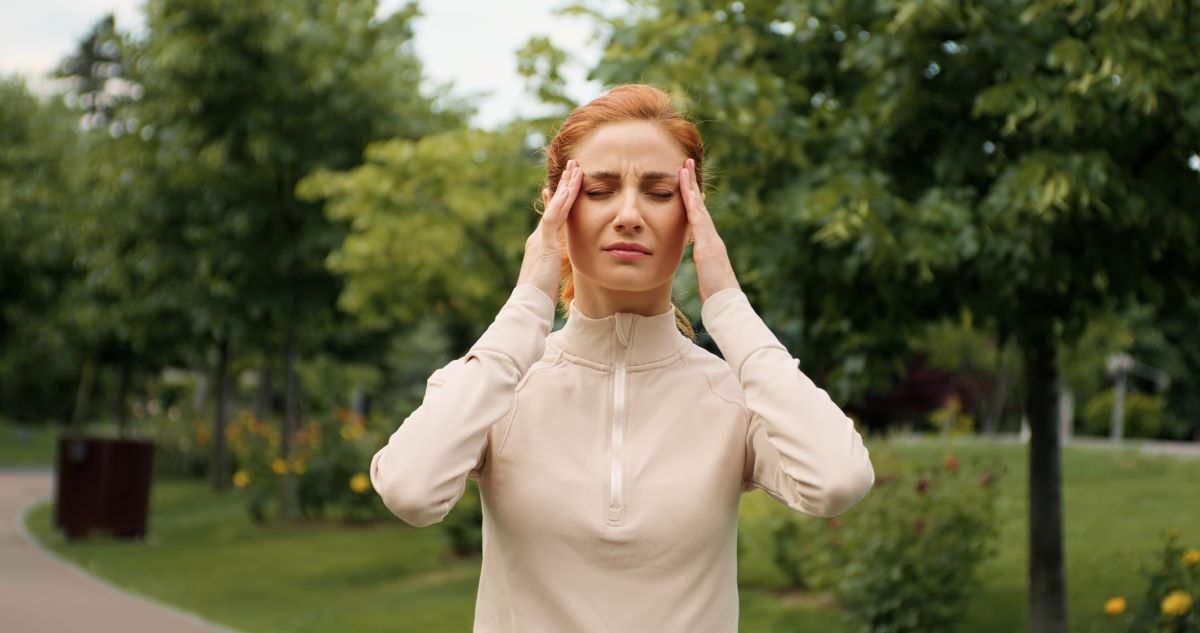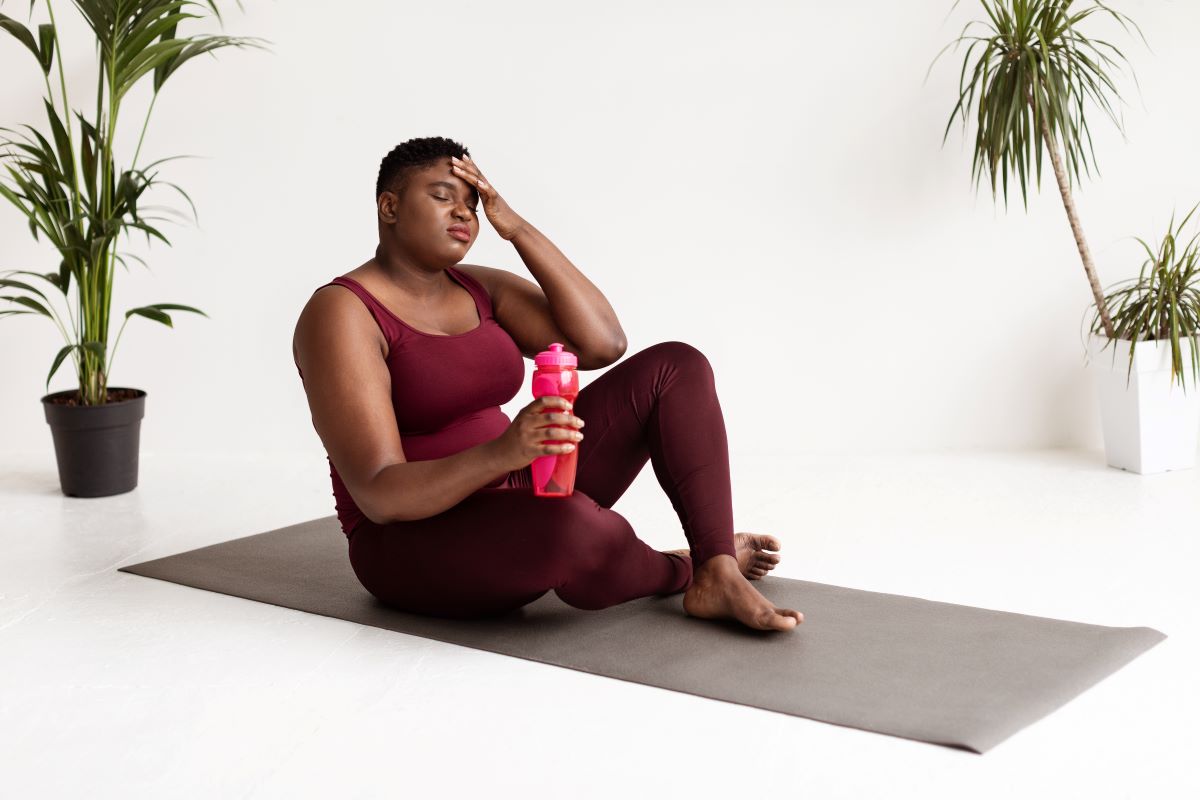The holiday season is upon us, bringing gallons of mulled wine, eggnog, and champagne with it. But, consuming too much alcohol this festive season could affect your sports performance and fitness goals, says PT James Staring.
Occasionally drinking alcohol won’t do long-term damage. However, if you are trying to improve your fitness or sports performance, regular alcohol consumption could hinder your progress.
Furthermore, when comparing sexes in terms of the relative impact of alcohol on sporting performance, women have drawn a shorter straw. Alcohol consumption affects women differently due to body composition and differences in producing enzymes that metabolise alcohol, as well as interaction with specific hormones.
How alcohol affects men verses women:
Men are also usually larger and weigh more than women. They also typically have a higher ratio of muscle to fatty tissue. Muscle requires more blood than fat tissue and, as a result of having higher blood volume, due to a larger muscle percentage, any alcohol consumed is more diluted in a man’s body than the same amount in a woman’s body.

Alcohol consumption affects women differently due to body composition and differences in producing enzymes that metabolise alcohol, as well as interaction with specific hormones.
What’s more, women produce 50 per cent less alcohol dehydrogenase (an alcohol processing enzyme in the stomach) compared to men. Alcohol dehydrogenase breaks down approximately 15 per cent of alcohol in the stomach before it then travels to the small intestine to be absorbed. This means women who consume the same quantity of alcohol as men will absorb more of it into their bodies. This leads to an increased likelihood of more alcohol reaching other organs. In turn, this can lead to greater long-term health issues.
Another issue men don’t have to deal with is hormonal fluctuations thanks to the menstrual cycle. These can magnify the effects of alcohol. For example, during the second half of your cycle, you can become more intoxicated and for longer. This is further magnified by oral contraceptives. If you use them, these can decrease the speed at which alcohol is removed from your body. This can lead to prolonged effects of alcohol consumption.
How alcohol affects fitness and sports performance
The short-term effects of alcohol consumption on sporting performance and fitness include increased difficulty in learning and retaining motor skills and less energy during exercise. It can also lead to limited inflammatory protection when injured. Here are some more ways alcohol affects your ability to exercise.

Alcohol inhibits your ability to learn new information. If your capacity for forming memories is impeded, you can’t learn new skills as effectively.
Reduced motor skills
No matter what your sport of choice might be, you’ll usually need to move your arms and legs in a coordinated manner. If you are starting something new, particularly, this means you’ll need to both learn new motor skills and refine them as you improve.
Alcohol inhibits your ability to learn new information. It does this by compromising the hippocampus, a structure deep in the brain that’s essential in the formation of memories. If your capacity for forming memories is impeded, you can’t learn new skills as effectively.
Less energy
When you exercise, your liver responds to the stress of physical activity by releasing stored glucose into your blood stream to give you energy. When your liver is processing alcohol, it doesn’t release stored glucose, thereby limiting the amount of available energy during exercise. In turn, this can negatively impact your sports performance and fitness.
Alcohol can also limit your body’s ability to produce energy when you contract muscle. When muscle contracts, the energy needed is supplied by breaking down ATP (Adenosine Triphosphate) molecules. ATP is produced at the cellular level within muscle tissue. As alcohol is absorbed into cells through the stomach lining, it disrupts the water balance in muscle cells. This, in turn, disrupts the cell’s ability to produce ATP, thereby limiting available energy to your muscle tissue.
Reduced response to injury
In the unfortunate event of an injury, your body’s response will be reduced if you’ve had alcohol. When you’re injured, your body increased inflammation in the injured area to promote healing and protection. This is why your ankle will swell and become warm if you sprain it.
When you drink alcohol, your body produces more molecules that inhibit the healing process and reduces production of molecules that assist in healing. This is counter-productive when you have an injury, as faster healing requires the opposite response.
Additionally, alcohol causes blood vessels to dilate, thereby increasing blood flow. Increased blood flow in the direction of the injury can lead to increased severity of the injury and a longer recovery time.

When you exercise, your liver responds to the stress of physical activity by releasing stored glucose into your blood stream to give you energy. However, when your liver is busy processing alcohol, it doesn’t release stored glucose.
Increased dehydration
Alcohol can also drastically limit muscle recovery due to dehydration. After you work out, your body rebuilds muscle tissue through a series of biological processes called protein synthesis. If you’re dehydrated, this process will be slower, thereby slowing down your recovery.
Reduced muscle growth and recovery
Two hormones that are essential for muscle growth, and which are affected by alcohol consumption, are human growth hormone (HGH) and testosterone. HGH is essential for muscle recovery and development. Alcohol inhibits the secretion of HGH by as much as 70 per cent. This means that when you work out, your results can be limited by over two thirds if you consume alcohol.
Testosterone also plays an important role in muscle development. When you train with weights, you’re essentially breaking muscle down to build it up stronger. Your body responds to this process by secreting the hormones HGH and testosterone to aid in muscle repair, leading to stronger muscle next time you exercise. If you have alcohol in your system, your liver produces a substance that’s toxic to testosterone, thereby limiting its effects, and subsequently impacting your sports performance and fitness.
James Staring is the founder and lead fitness coach at Fit to Last Personal Trainers, which offers an all-inclusive fitness solution for those who’ve tried everything in the past with little to no success. Fit to Last works in partnership with you to create a personalised programme of exercise, nutrition, and simple lifestyle changes. Find James at instagram.com/fittolastlondon.







